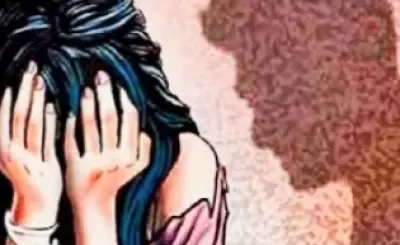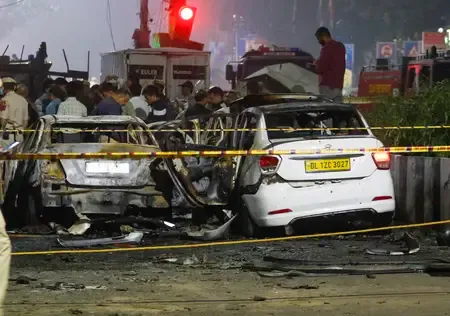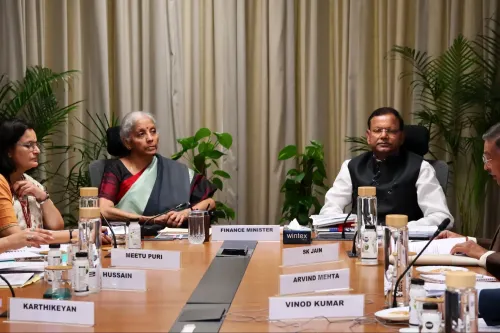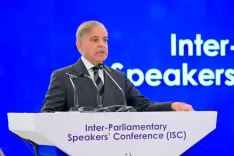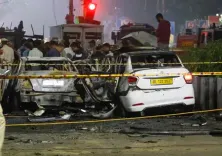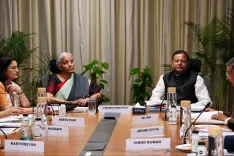Should the Madras HC Direct the Centre to Appoint a Nodal Officer for Grievance Redressal in Online Image Abuse Cases?
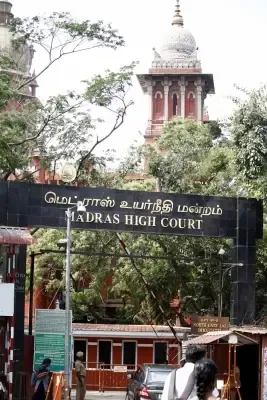
Synopsis
Key Takeaways
- Madras High Court mandates the appointment of a nodal officer for grievance redressal.
- A streamlined mechanism for victims to report non-consensual content is needed.
- Judicial emphasis on privacy and dignity in handling sensitive cases.
- Technology must be harnessed effectively to protect victims.
- Law enforcement must improve sensitivity in investigations of crimes against women.
Chennai, July 15 (NationPress) The Madras High Court has mandated the Union Government to appoint a nodal officer tasked with overseeing grievance redressal concerning the non-consensual dissemination of women’s private images and videos online.
The court underscored the necessity for a straightforward and effective mechanism that allows victims to swiftly remove such content while safeguarding their identity.
Justice N. Anand Venkatesh issued this directive during a hearing of a writ petition filed by a female attorney, who claimed her ex-partner secretly recorded intimate moments and shared them on the internet without her consent.
The petitioner reported that the images and videos had ended up on pornographic sites, causing her significant distress.
The court instructed senior Central Government panel counsel A. Kumaraguru to coordinate with the Ministry of Electronics and Information Technology (MeitY) and the Ministry of Home Affairs (MHA) to initiate the development of a prototype redressal system aimed at enabling victims to report and remove such content effortlessly from digital platforms.
Representing the petitioner, senior counsel Abudu Kumar Rajaratnam informed the court that despite an interim order issued on July 9, 2025, which mandated the blocking of websites hosting explicit content, these materials continued to resurface.
He stated that while MeitY had adhered to the initial order, problematic websites had re-emerged, repeatedly violating the petitioner’s privacy.
Justice Venkatesh noted that the core issue lies in the lack of will rather than technological capability, remarking, “The technology is always available, but what is required is the willingness to utilize it for the public good.”
He pointed out that when the victim is an influential individual, such as the daughter of a minister or judge, authorities act promptly, yet they lack the same urgency when the victim is an ordinary citizen.
The judge highlighted the importance of employing tools like photo DNA tracking to prevent the repeated uploading of sensitive material, ensuring that women do not have to endure ongoing suffering.
Justice Venkatesh also criticized law enforcement for disclosing the petitioner’s name in the First Information Report (FIR) against her former partner, ordering its immediate redaction and labeling the disclosure a serious infringement of her right to privacy.
Furthermore, he condemned the police’s approach of showing the explicit videos to the woman in the presence of seven male officers during the investigation.
“Is there not a trained female police officer in cybercrime? How can a victim be made to sit with seven male officers to view such material? Isn’t this a breach of her dignity?” he questioned.
Emphasizing that crimes against women should be investigated with sensitivity and thoroughness, the judge summoned State Public Prosecutor Hasan Mohamed Jinnah to attend the next hearing to guarantee that proper guidelines are issued to the police department for handling such cases with compassion and discretion.

